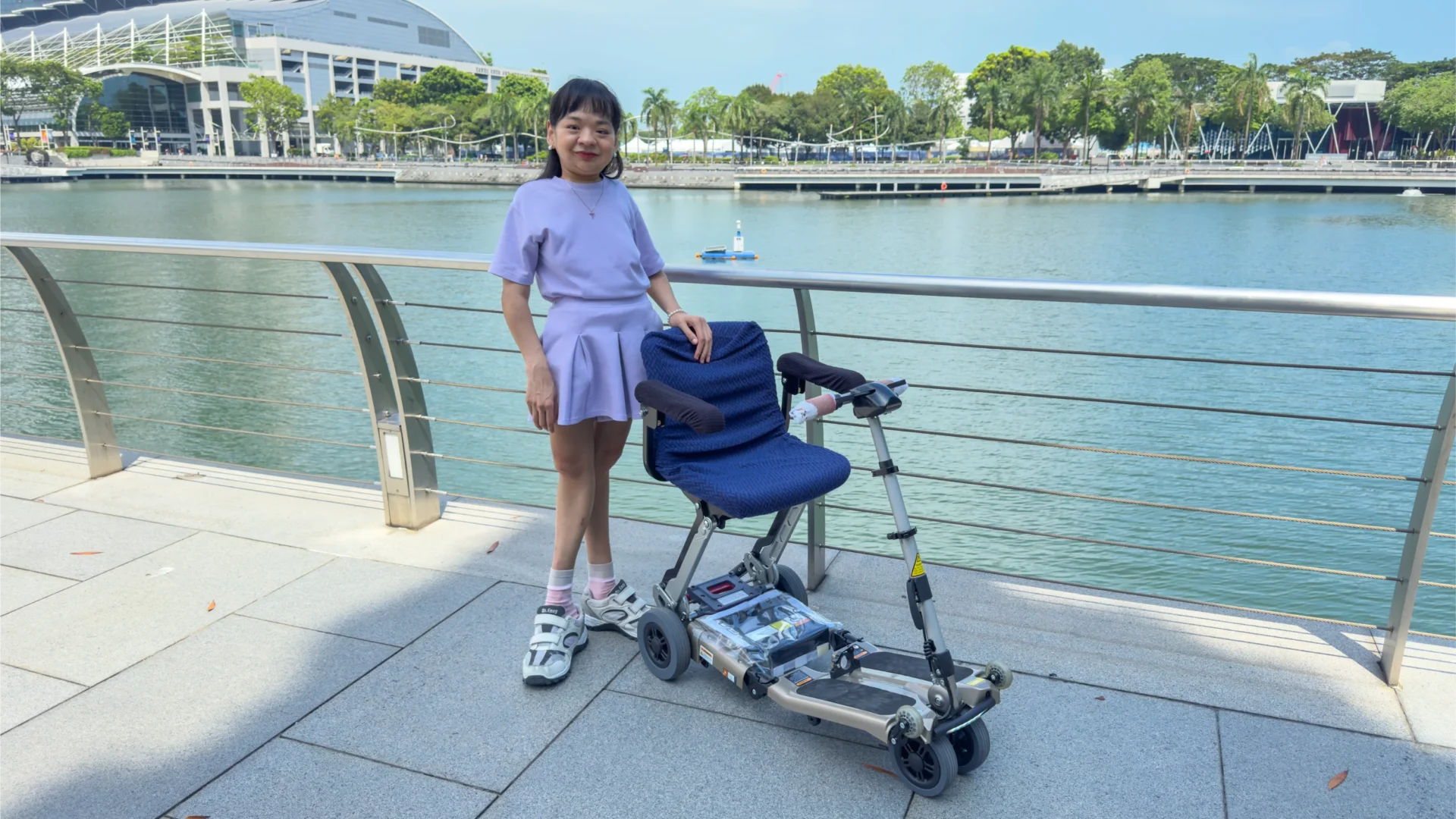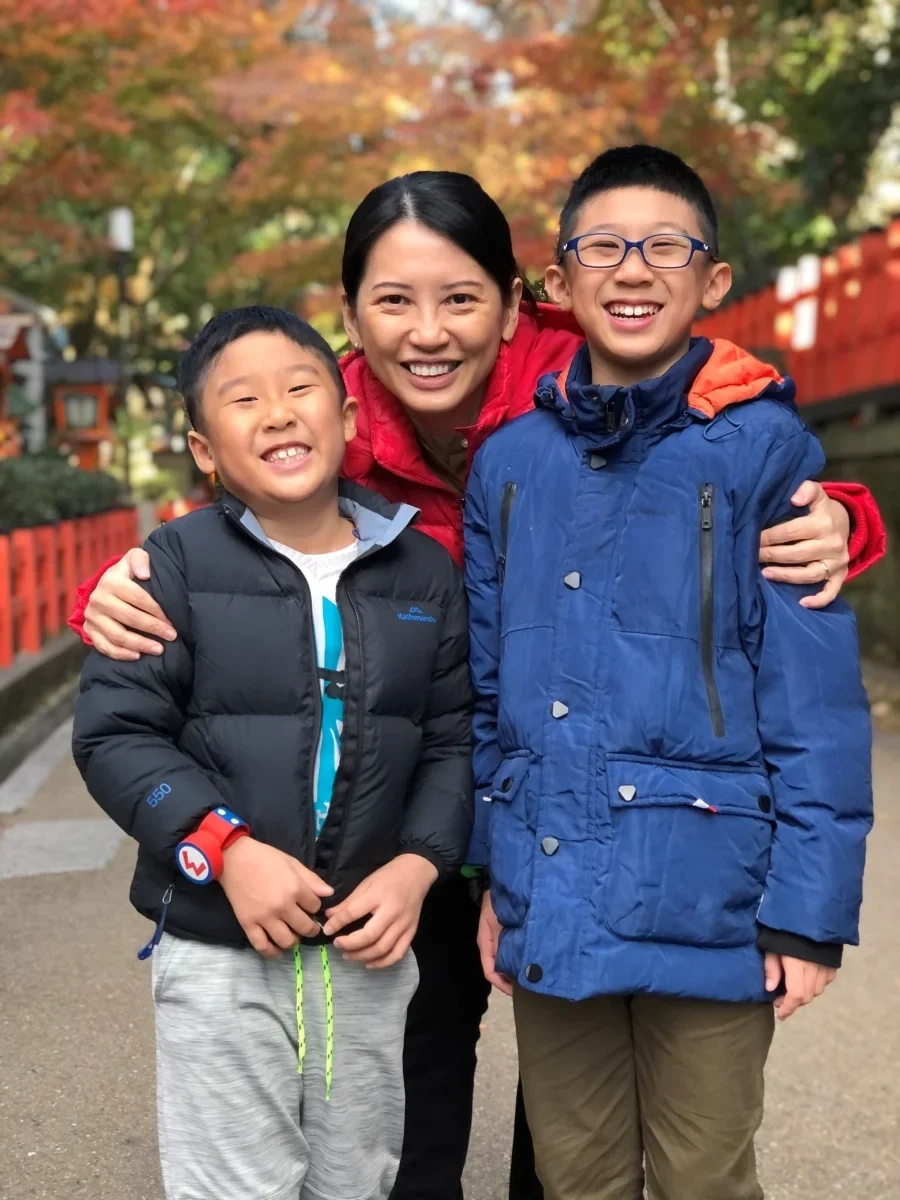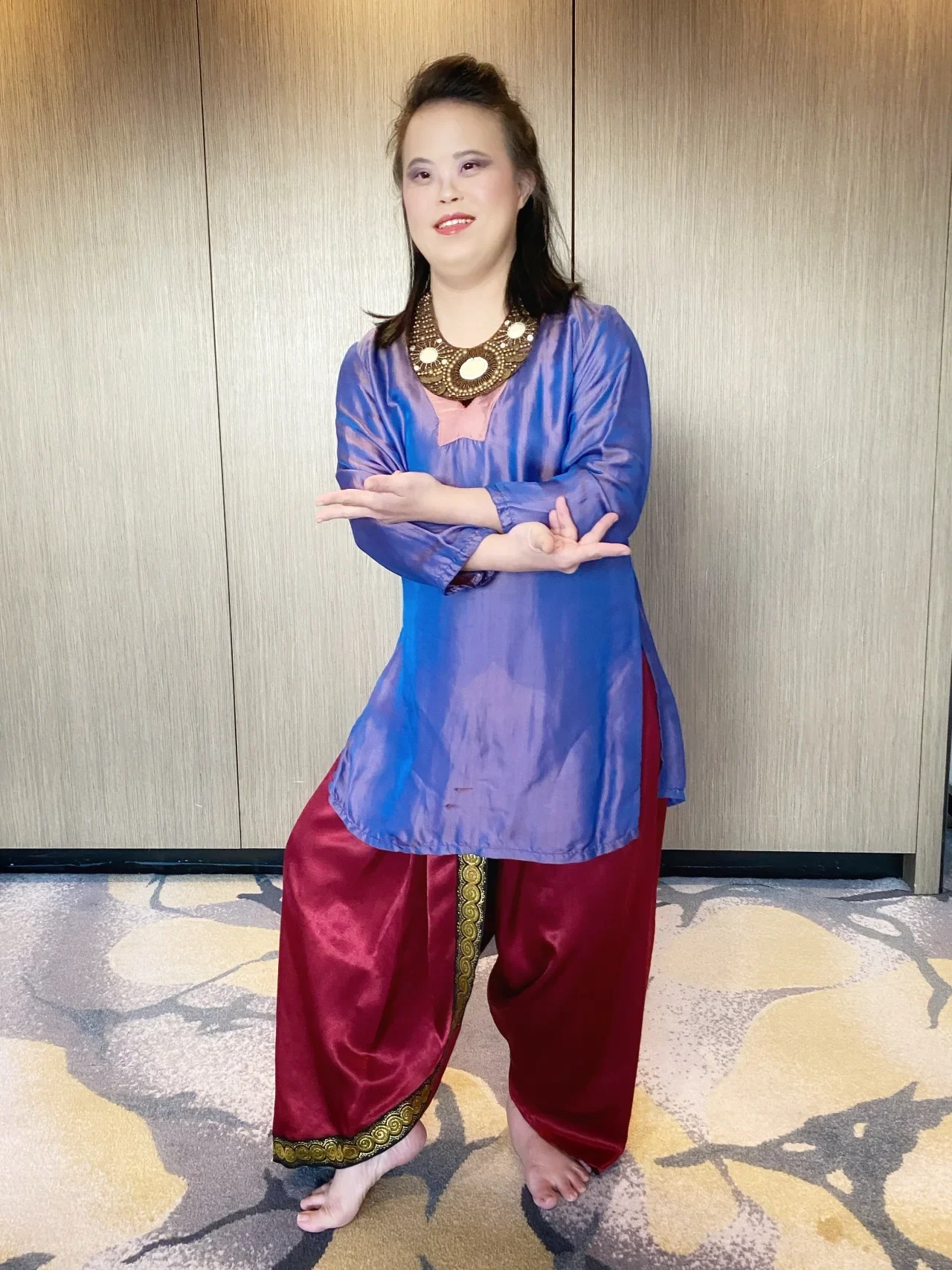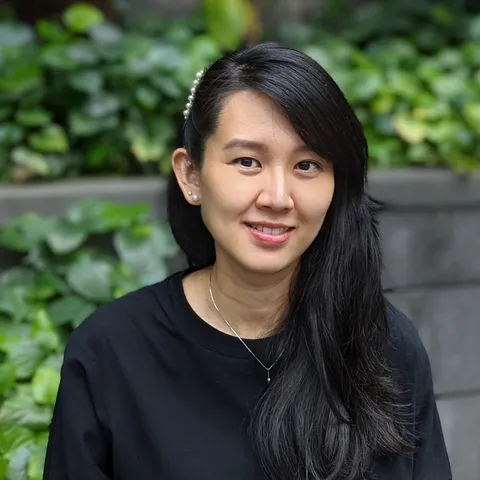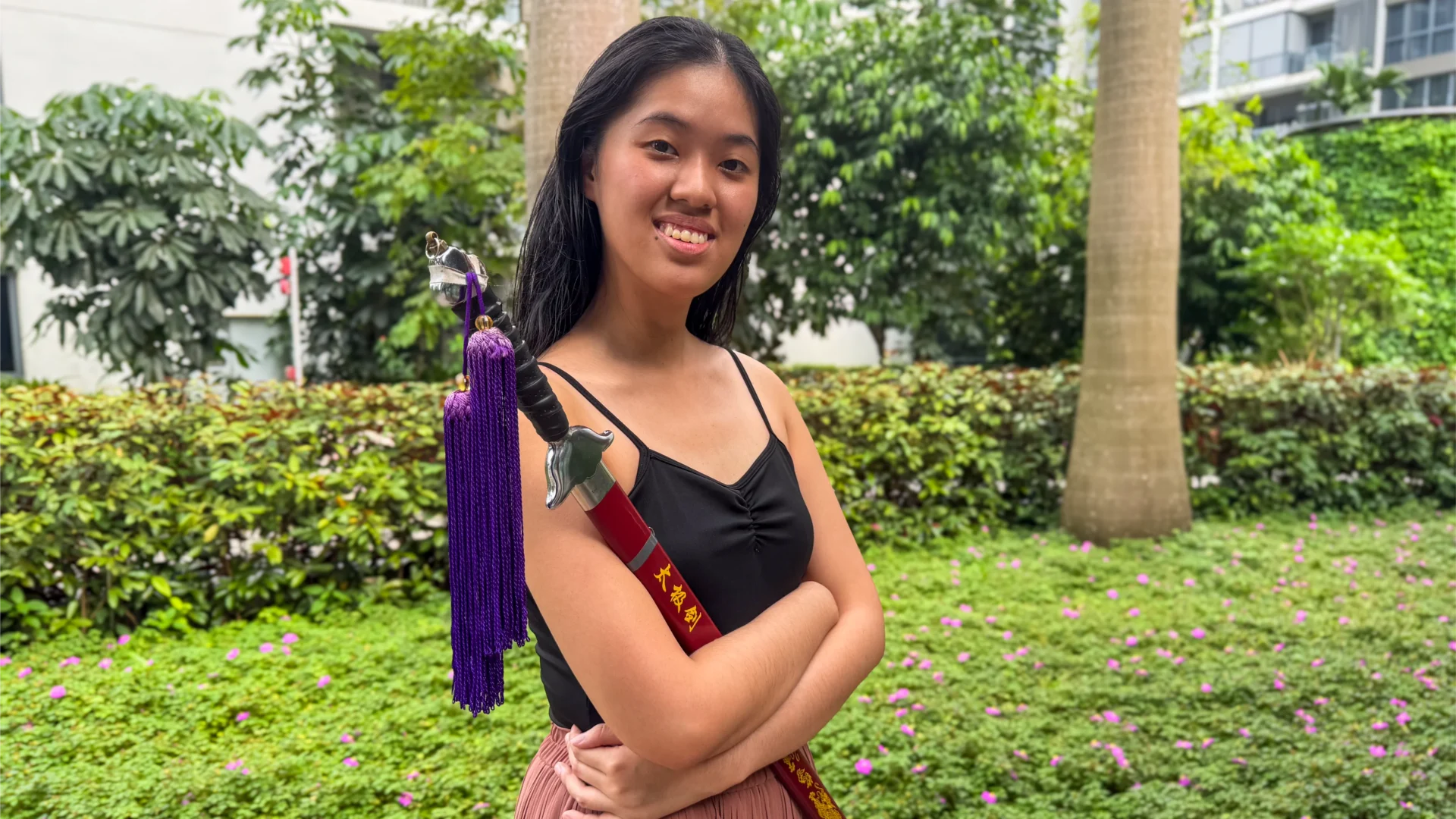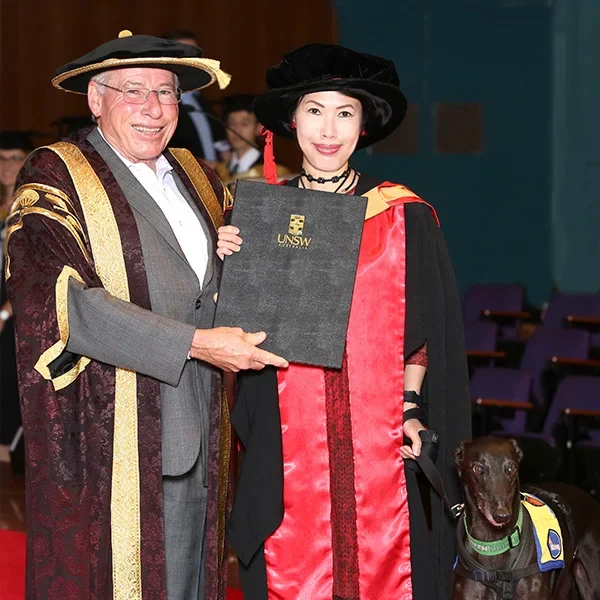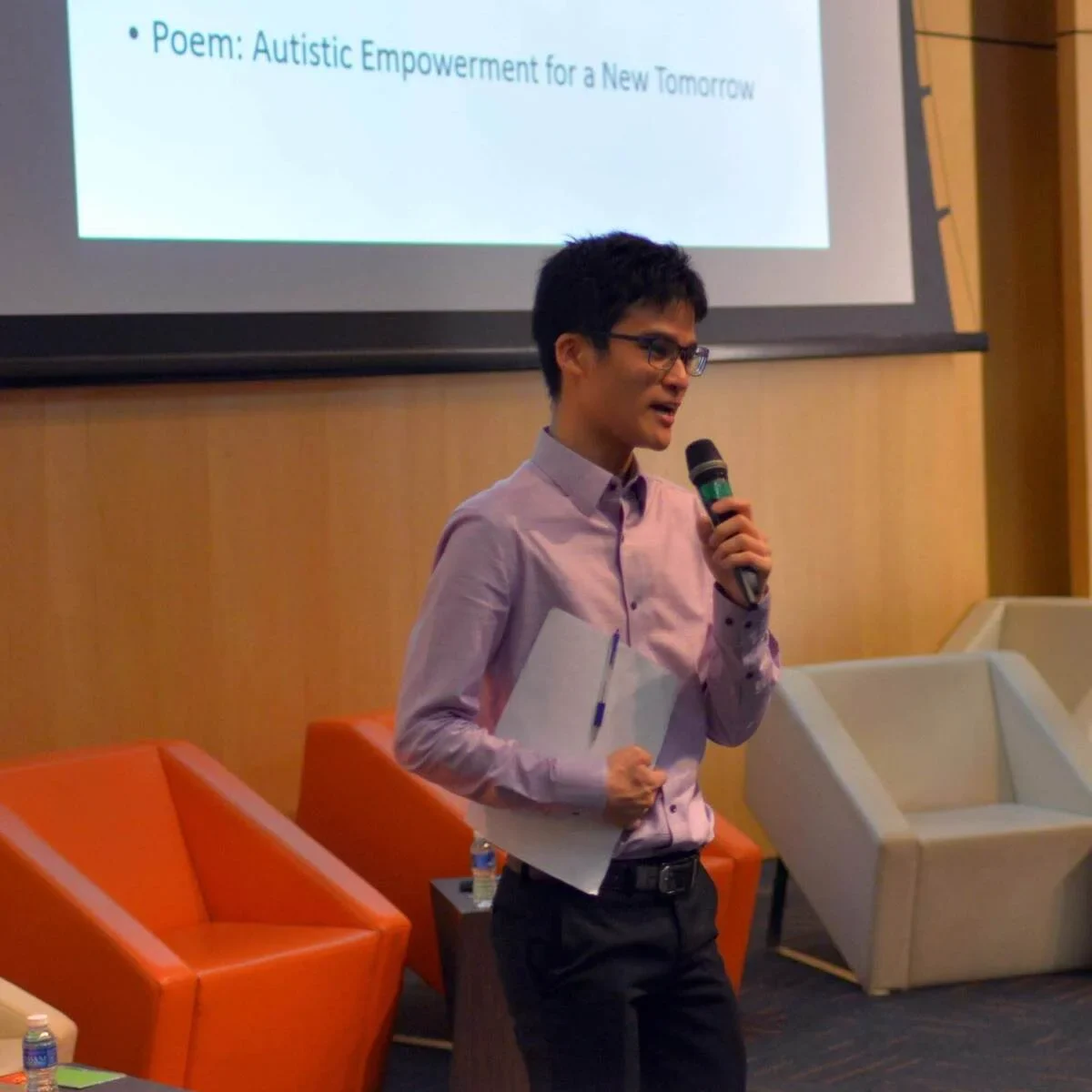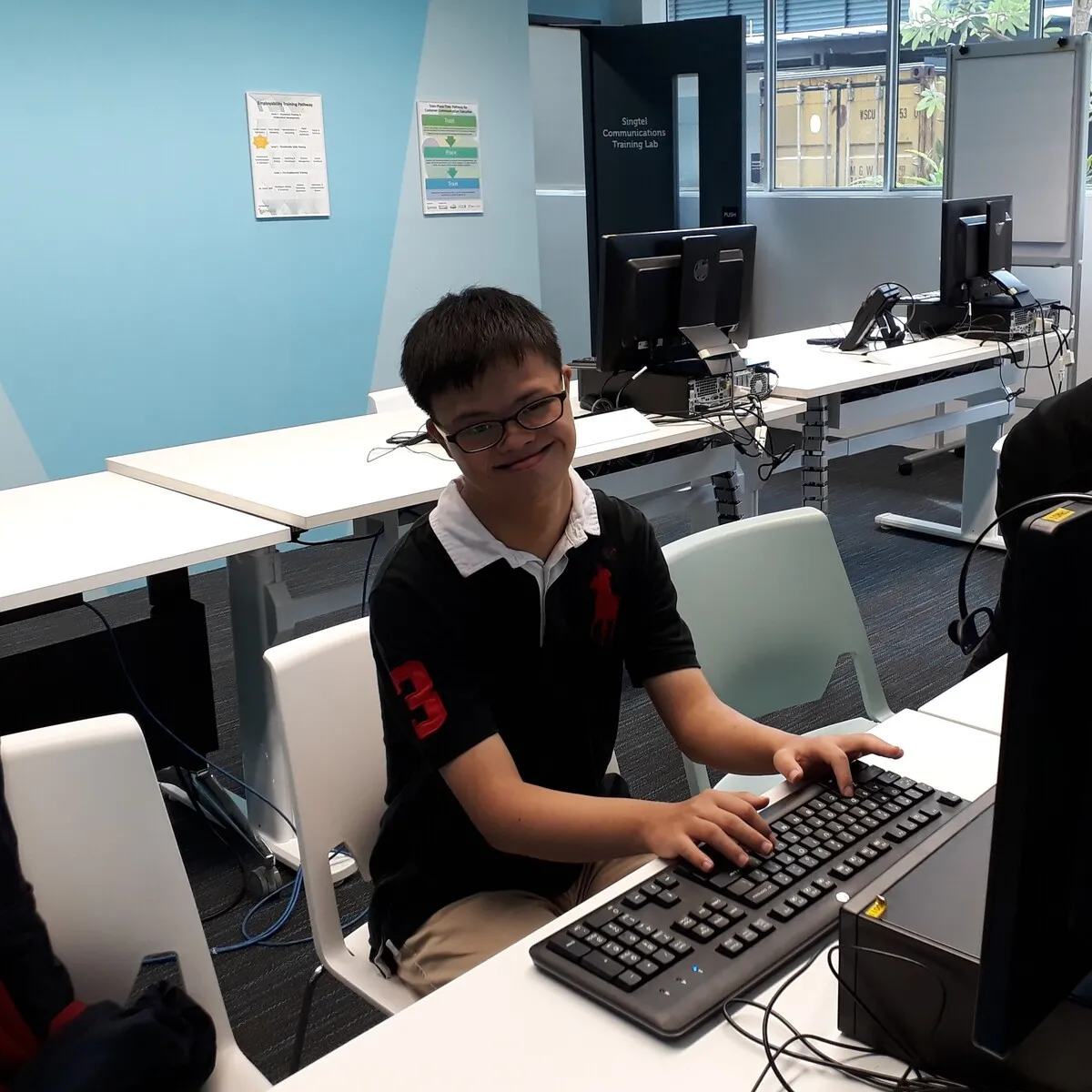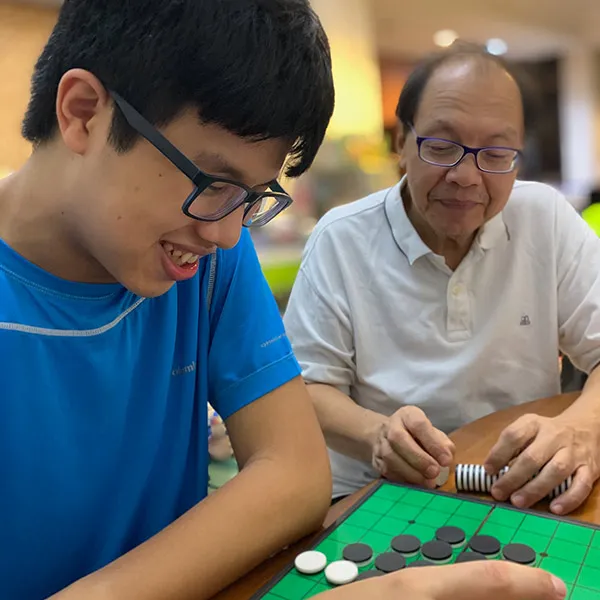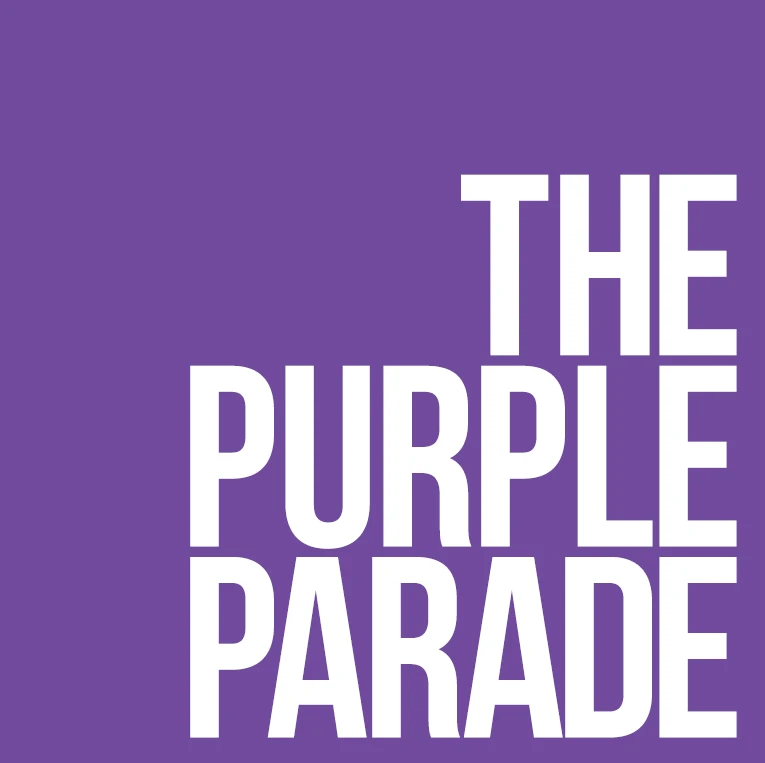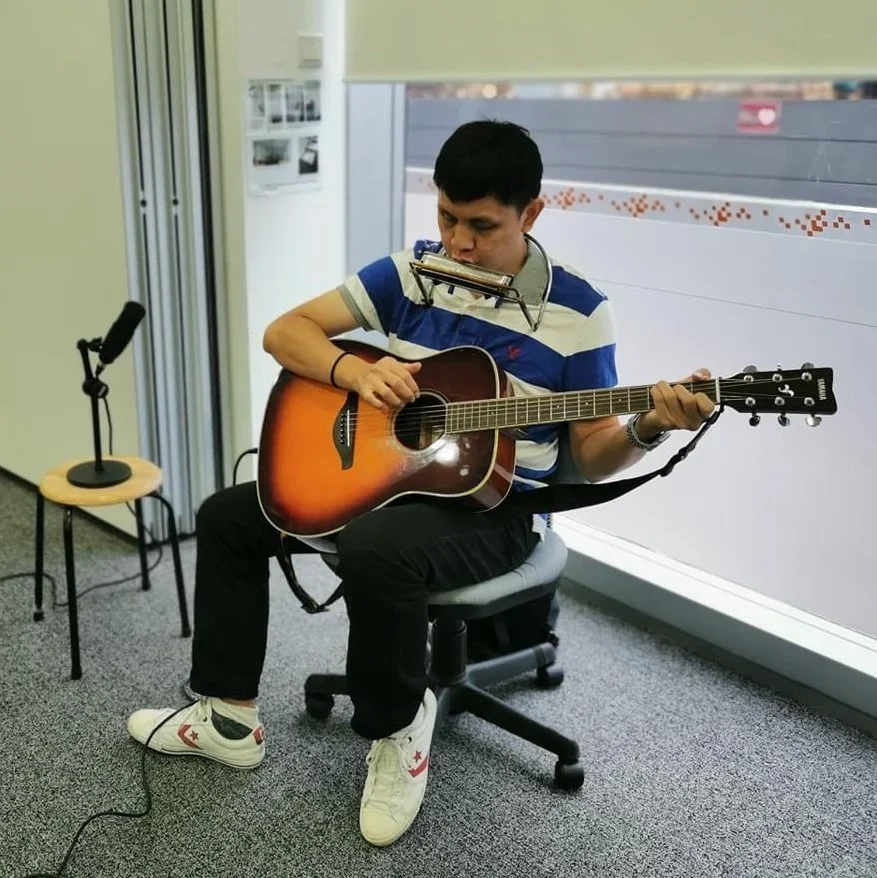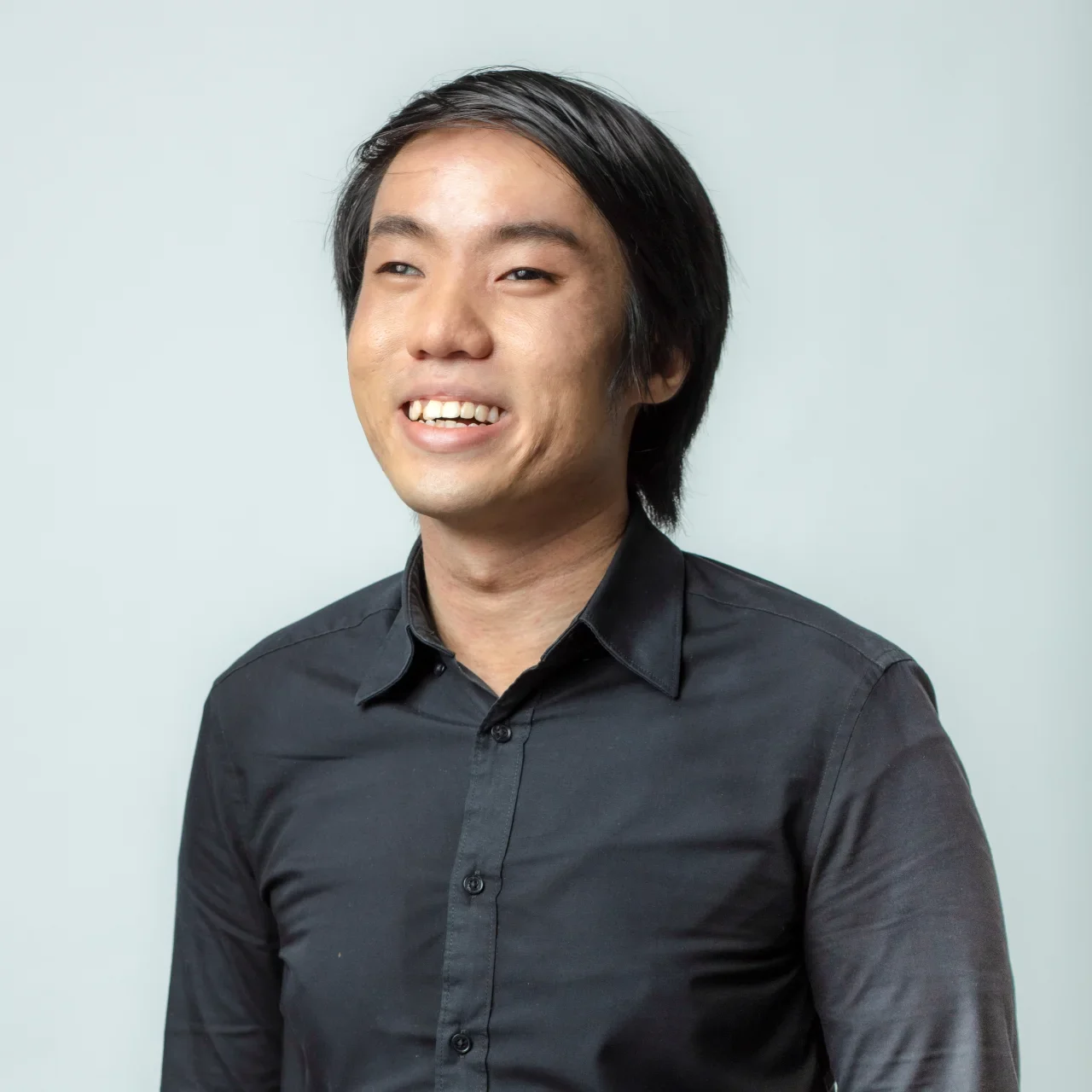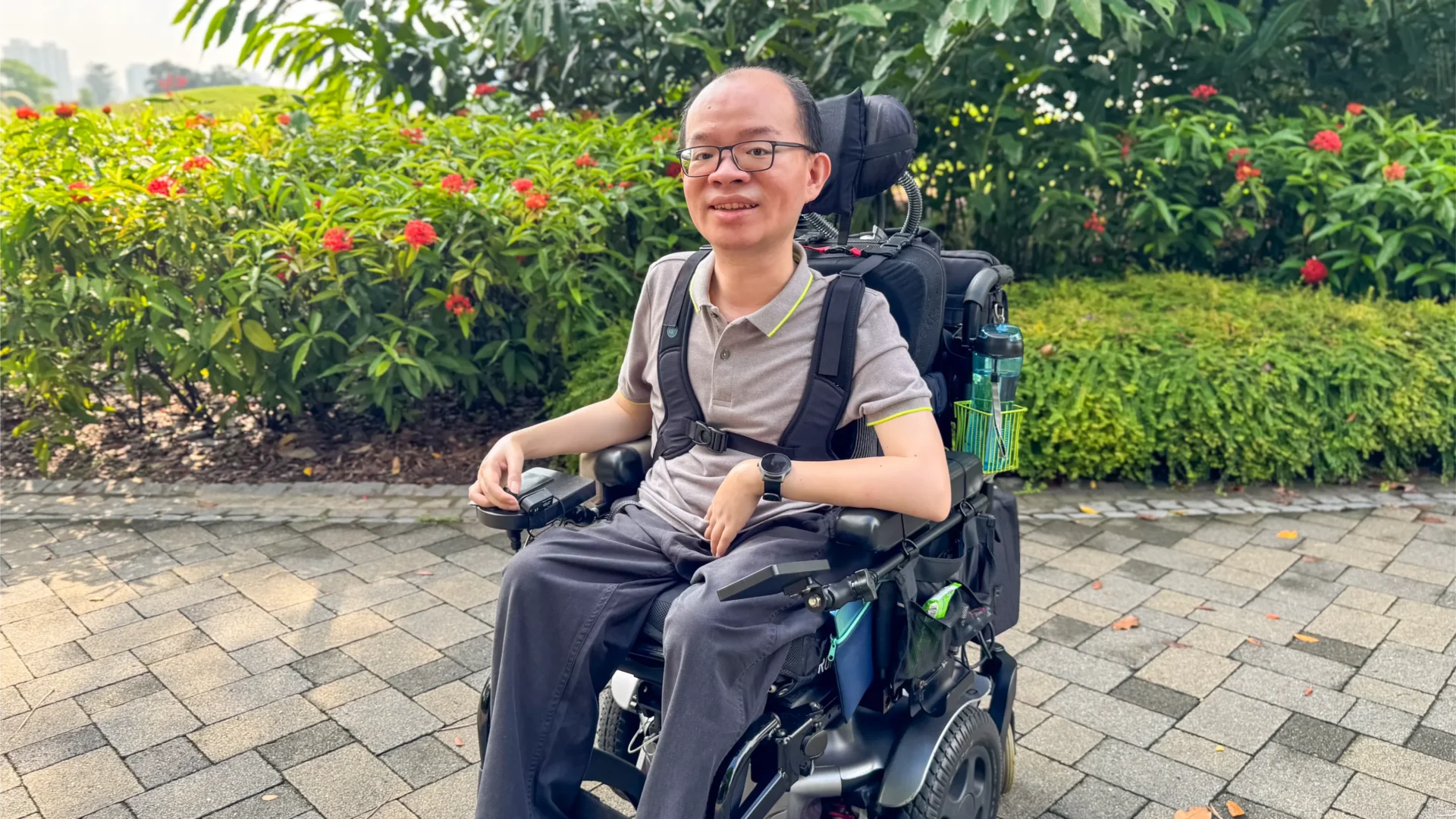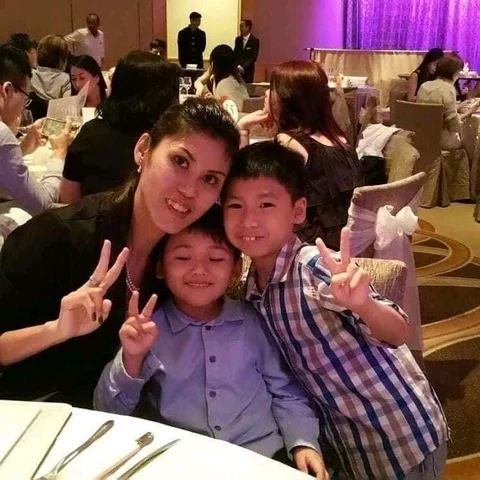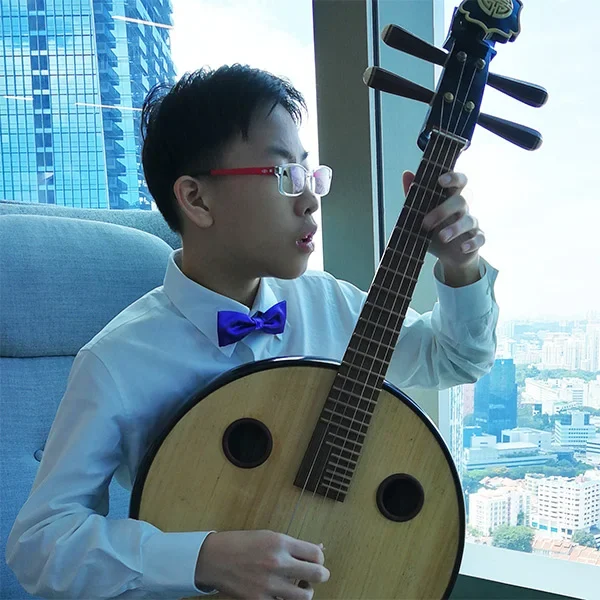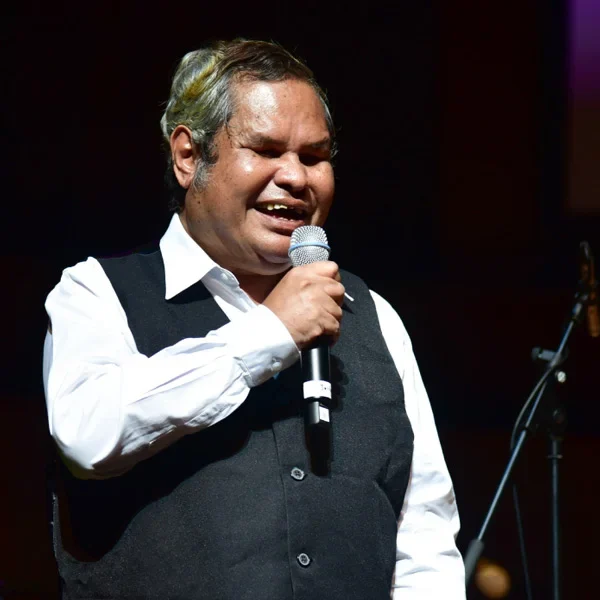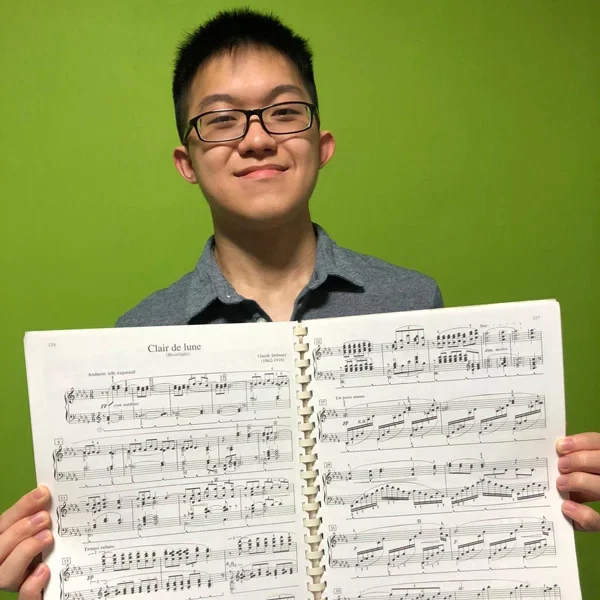Pearl Lee
Smash the Weighing Scales! Let’s Stop Measuring Ourselves
How did your disability affect the way you view yourself?
I have bow legs, scoliosis, and restrictive lung disease which impacts my breathing.
Growing up, I internalised a lot of this as not being good enough. My disability made me feel like I always had to catch up in some way. I would lag behind when we would take the stairs at school after morning assembly, and I was picked on during P.E. classes because I was not good at running.
It made me believe that because I was slower and weaker than others, I had to work harder to survive.
A lot of these insecurities followed me into adulthood.
“Am I pretty enough?”
“Am I smart enough?”
“Am I making enough money?”
I was very self-conscious about my appearance. I shunned beauty routines, telling myself these products “weren’t made for people like me”.
The desperation to “catch up” to everyone also persisted, and I kept forcing myself to try harder and harder in my career. To do better. Looking back, it almost felt as if I thought of myself as a kind of machine that had to be measured by its output. It was absolutely exhausting.
It might sound a bit strange, but I think a major turning point for me was the first time I took myself to get a massage. I had never thought of my body as something that was worthy of being cared for – pampering myself in this seemingly small way was truly a transformative experience that made me realise I was good enough to deserve self-care.
Then I started to explore make up, fragrances, and other things that made me feel more beautiful. Like I was now a person worthy of expressing myself.
With support and encouragement from mentors and friends, I realised everything I had done was truly enough. I could slow down, take breaks, and be a human being just like everyone else.
It seems really obvious on hindsight. But it turns out there’s only one person who could ever tell me that I was good enough. And that person is me.
Did you know?
Some studies show that as many as 68% of adults with disabilities experience low self-esteem, which can contribute to anxiety and depression.
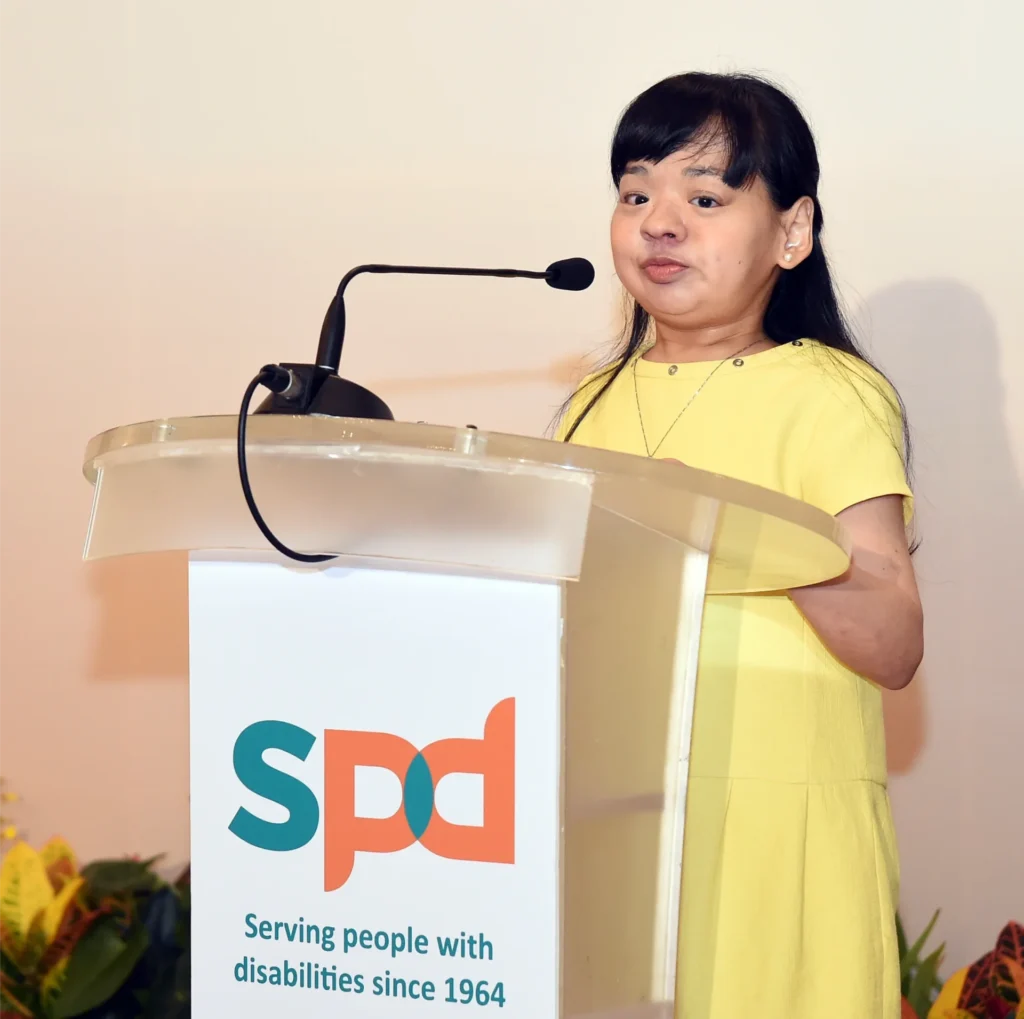
What advice would you give to people who are having difficulty accepting themselves?
Many of us are constantly measuring ourselves up to some kind of imaginary standard. It’s the metaphorical weighing scale we keep stepping on, and it can totally consume our lives. I think it’s one of the things that prevents a lot of us from accepting who we truly are.
To be clear, I think it’s important to focus on improving ourselves. But taking it too far is also really damaging.
I think sometimes we just need to take a hammer and smash those weighing scales we keep insisting on using to measure ourselves! It keeps us miserable.
Wouldn’t it make so much more sense if we took all that effort we spent worrying, and put that energy into finding ways to be happier instead?
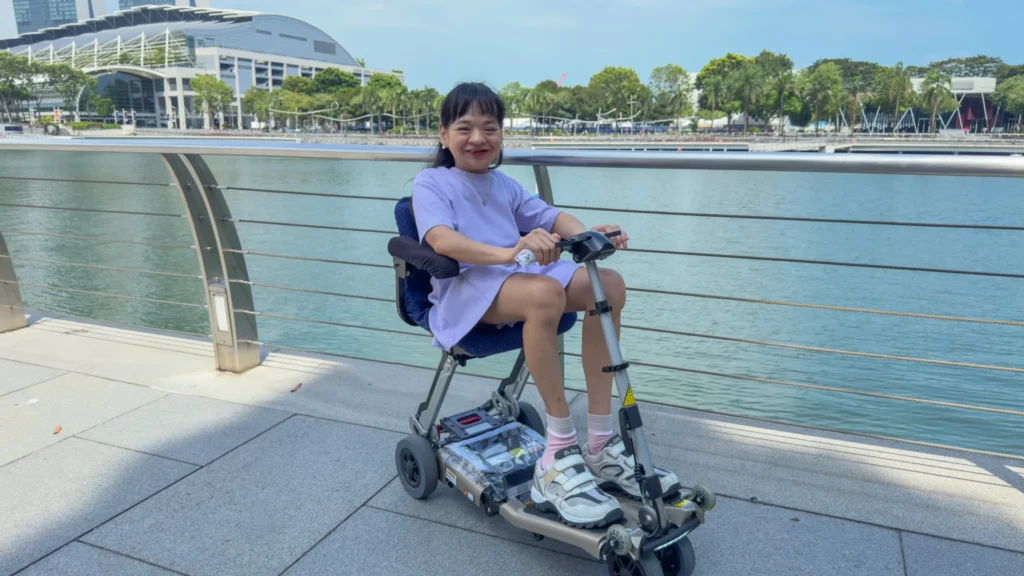
What are the things that make you happy?
More than anything, I think it’s the little things.
Meeting new people who inspire me. Trying new foods. Taking a drive – I love driving because it’s the one time in my life I can go fast! Well, within the speed limit.
My scooter is another thing I really enjoy. Walking can be tiring for me. More recently, it was getting physically and mentally stressful to commute to the office with a heavy bag, or even going out for lunch. I seriously started to consider the use of a personal mobility device or even a wheelchair.
I picked my scooter because it allowed me to benefit from it as a mobility aid, while still having the option to walk and be physically active. I was also really excited that I could get my scooters in pretty colours!
I have a motorised electric scooter that I use for longer commutes to work, and a non-electric one that I use around my neighbourhood and for shorter trips. I had to wait a long 6 months before they arrived, but it’s brought me so much joy to be able to explore new areas now that I don’t have to worry about exhausting or even hurting myself.
What are the things you do that give you the greatest sense of purpose?
I’m so inspired by all the people who have advocated for disabilities in Singapore. It’s their work that has made it normal and acceptable for someone like me to be able to go out with my scooter, take accessible public transport, and find a job at an inclusive workplace where I can work with others who consider me a peer.
I’m very grateful for everything they’ve done. So on a personal level, I hope to be able to give back to the community.
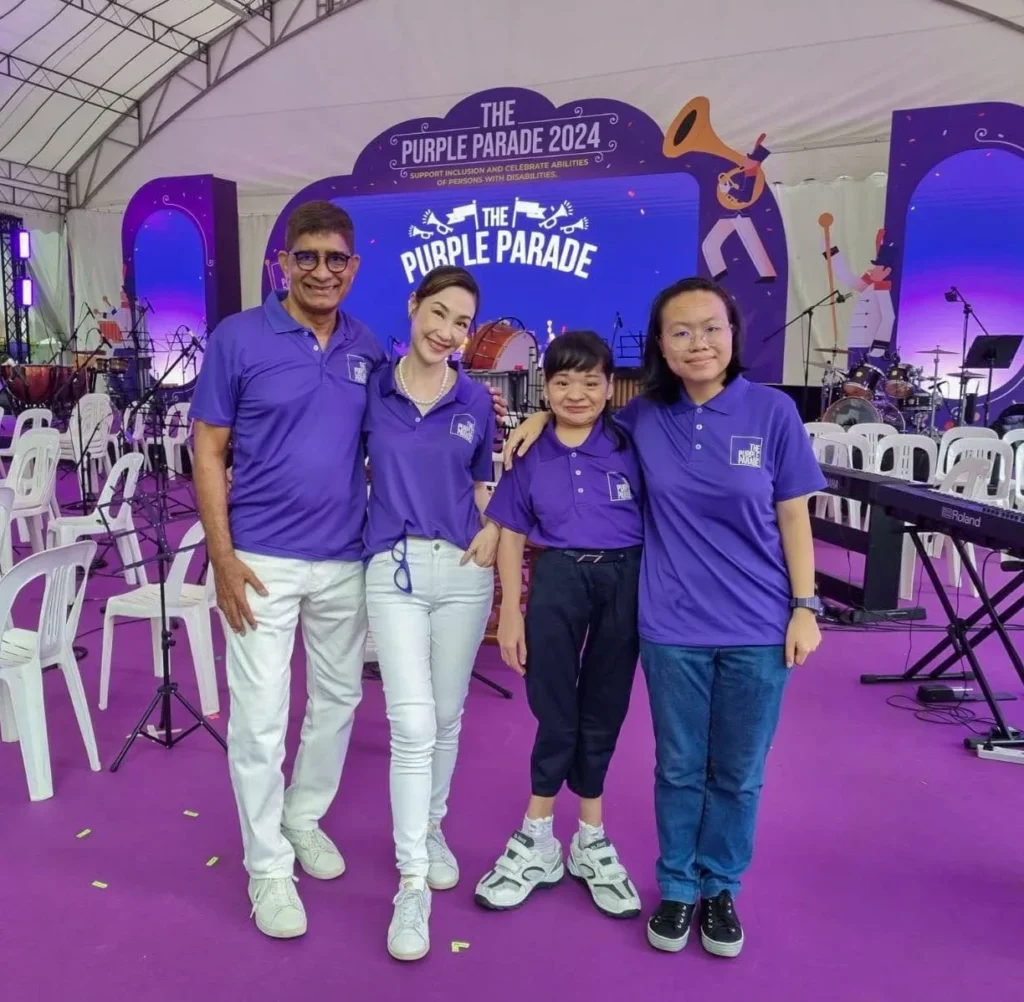
One of my greatest honours is being able to talk about my personal experiences as a public speaker. If you told me when I was a little girl that I would be telling stories to inspire other people, I would have called you crazy. But here I am today!
I’ve been able to share about how my disability has affected my struggles with self-esteem, my identity as a person, and how I found happiness.
I have a mentor, and it’s something she always encourages me to do. It’s definitely a bit cathartic to talk about these things in such a public way. But it also is very humbling when people tell me that my sharing has inspired them to think differently about people with disabilities, or even motivated them to take action to change their lives for the better.
More broadly, I’m looking forward to seeing our country be even more accepting and inclusive. I don’t think this kind of progress is something we can take for granted, and it’s a big reason why I continue to feel the need to speak up and share about my personal experiences.
At the end of the day, I’m also just one person. What I think is really important is for other people like me to use our voice.
When we speak up, we’re now part of the conversation. And I’m excited to see more people in the disability community talk about what we can do to build a kinder, more accepting society.

